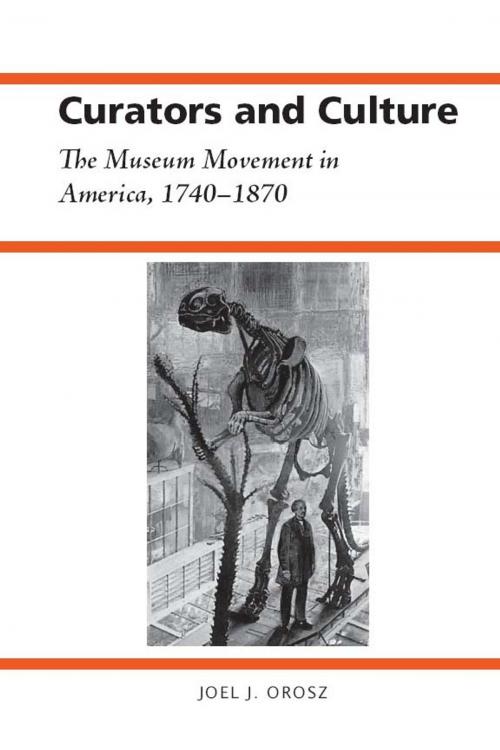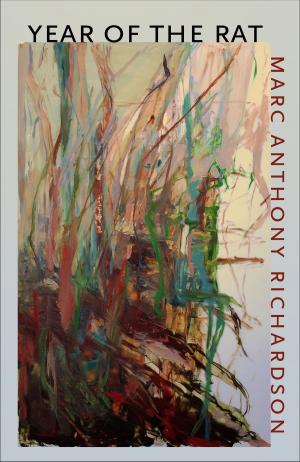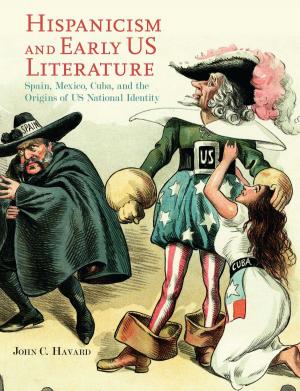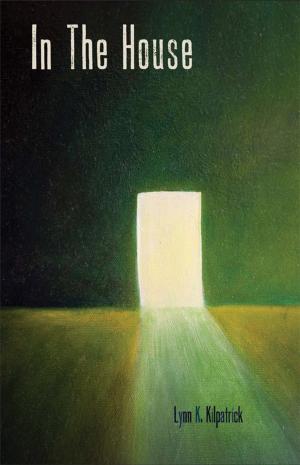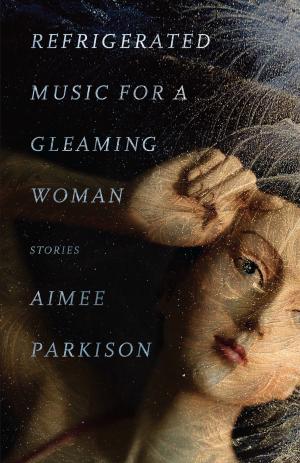Curators and Culture
The Museum Movement in America, 1740-1870
Nonfiction, Art & Architecture, General Art, Art History, American| Author: | Joel J. Orosz | ISBN: | 9780817382179 |
| Publisher: | University of Alabama Press | Publication: | May 6, 2011 |
| Imprint: | University Alabama Press | Language: | English |
| Author: | Joel J. Orosz |
| ISBN: | 9780817382179 |
| Publisher: | University of Alabama Press |
| Publication: | May 6, 2011 |
| Imprint: | University Alabama Press |
| Language: | English |
This volume argues that a small, loosely connected group of men constituted an informal museum movement in America from about 1740 to 1870.
As they formed their pioneer museums, these men were guided not so much by European examples, but rather by the imperatives of the American democratic culture, including the Enlightenment, the simultaneous decline of the respectability and rise of the middle classes, the Age of Egalitarianism, and the advent of professionalism in the sciences. Thus the pre-1870 American museum was neither the frivolous sideshow some critics have imagined, nor the enclave for elitists that others have charged. Instead, the proprietors displayed serious motives and egalitarian aspirations.
The conflicting demands for popular education on the one hand and professionalism on the other were a continuing source of tension in American museums after about 1835, but by 1870 the two claims had synthesized into a rough parity. This synthesis, the "American Compromise," has remained the basic model of museums in America down to the present. Thus, by 1870, the form of the modern American museum as an institution which simultaneously provides popular education and promotes scholarly research was completely developed.
This volume argues that a small, loosely connected group of men constituted an informal museum movement in America from about 1740 to 1870.
As they formed their pioneer museums, these men were guided not so much by European examples, but rather by the imperatives of the American democratic culture, including the Enlightenment, the simultaneous decline of the respectability and rise of the middle classes, the Age of Egalitarianism, and the advent of professionalism in the sciences. Thus the pre-1870 American museum was neither the frivolous sideshow some critics have imagined, nor the enclave for elitists that others have charged. Instead, the proprietors displayed serious motives and egalitarian aspirations.
The conflicting demands for popular education on the one hand and professionalism on the other were a continuing source of tension in American museums after about 1835, but by 1870 the two claims had synthesized into a rough parity. This synthesis, the "American Compromise," has remained the basic model of museums in America down to the present. Thus, by 1870, the form of the modern American museum as an institution which simultaneously provides popular education and promotes scholarly research was completely developed.
